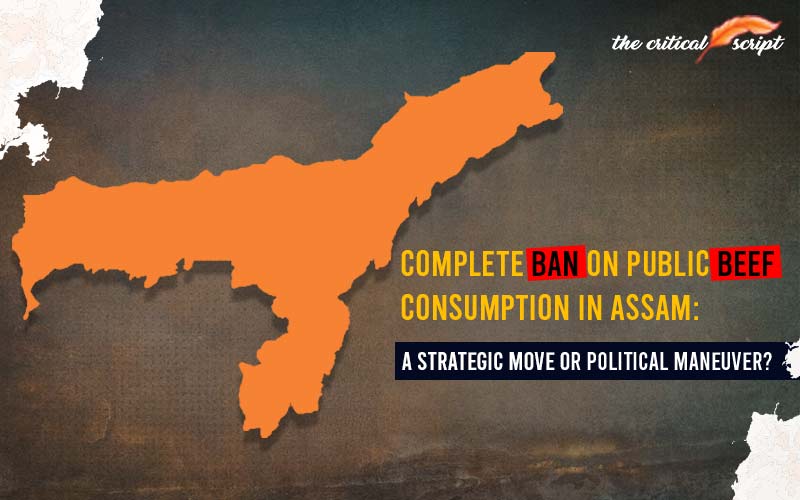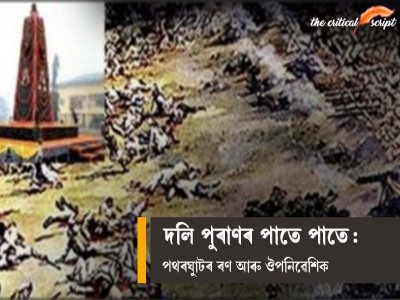
Complete Ban on Public Beef Consumption in Assam: A Strategic Move or Political Maneuver?
In a significant development, Assam Chief Minister Himanta Biswa Sarma announced a comprehensive ban on the public consumption of beef in the state, extending to restaurants, hotels, and community gatherings. The decision, which was discussed and approved at a recent Cabinet meeting, will soon be incorporated into the Assam Cattle Preservation Act, 2021.
This move adds to the existing provisions of the Act, which already prohibits the sale and purchase of beef within a 5 km radius of Hindu-majority areas, temples, or Vaishnavite monasteries. The new amendments will explicitly bar the consumption of beef in public spaces, a step the CM claims aligns with statements made by Congress leaders criticizing the BJP's approach to beef politics.
Political Context and Catalyst
The announcement comes in the wake of allegations by Congress leaders, including Rakibul Hussain and Bhupen Borah, that the BJP had used beef as a political tool to court voters in Samaguri, a Muslim-majority constituency. Following BJP’s victory in the Samaguribypolls, Congress leaders accused the ruling party of betraying its Hindutva stance. In response, CM Sarma turned the narrative on its head, citing these accusations as the inspiration for tightening beef regulations.
Sarma stated, “The Congress leaders themselves pointed out gaps in the law. We discussed their statements in the Cabinet, and these amendments will address their concerns. We expect the Congress to support this move.”
Implications of the Beef Ban
The ban on public beef consumption is likely to have widespread implications:
1.
Cultural and Religious Sensitivities:
The new regulations may resonate with communities opposed to beef consumption,
particularly Hindus, Jains, and Sikhs.
2.
Economic Impact:
The beef industry, which supports a significant portion of Assam's population,
including farmers and traders, could face challenges due to restricted
consumption avenues.
3. Polarization
Risks: The move might deepen communal divides, with sections of Muslim
and Christian populations—who form nearly 40% of the state—viewing it as an
encroachment on their dietary practices.
Reactions Across the Spectrum
The Congress party, whose statements inadvertently fueled the decision, finds itself in a quandary. A senior Congress leader expressed regret over the party's involvement, stating, “This issue could have been avoided. Now, we face dissatisfaction from both Hindu and Muslim communities.”
The All India United Democratic Front (AIUDF), led by Aminul Islam, criticized the move as a political gimmick aimed at consolidating votes ahead of the 2026 Assembly elections. Islam remarked, “This decision affects nearly 40% of Assam’s population and serves no purpose other than political posturing.”
Broader Political Implications
For the BJP, the announcement reflects strategic positioning. By implementing a statewide beef ban, the party strengthens its Hindutva credentials while simultaneously undermining Congress's political narrative. This move could serve as a talking point in upcoming Panchayat and Assembly elections.
Balancing Development and Sensitivities
While the move aligns with BJP’s ideological base, it also poses challenges in balancing the diverse cultural fabric of Assam. Addressing the economic and social implications of such decisions will require nuanced governance to prevent alienation of specific communities.
As Assam navigates these developments, the beef ban highlights the intersection of governance, ideology, and political strategy, underscoring how deeply cultural issues can influence policy-making in India.
Disclaimer: The opinions expressed in this article are those of the author's. They do not purport to reflect the opinions or views of The Critical Script or its editor.

Newsletter!!!
Subscribe to our weekly Newsletter and stay tuned.

















Related Comments